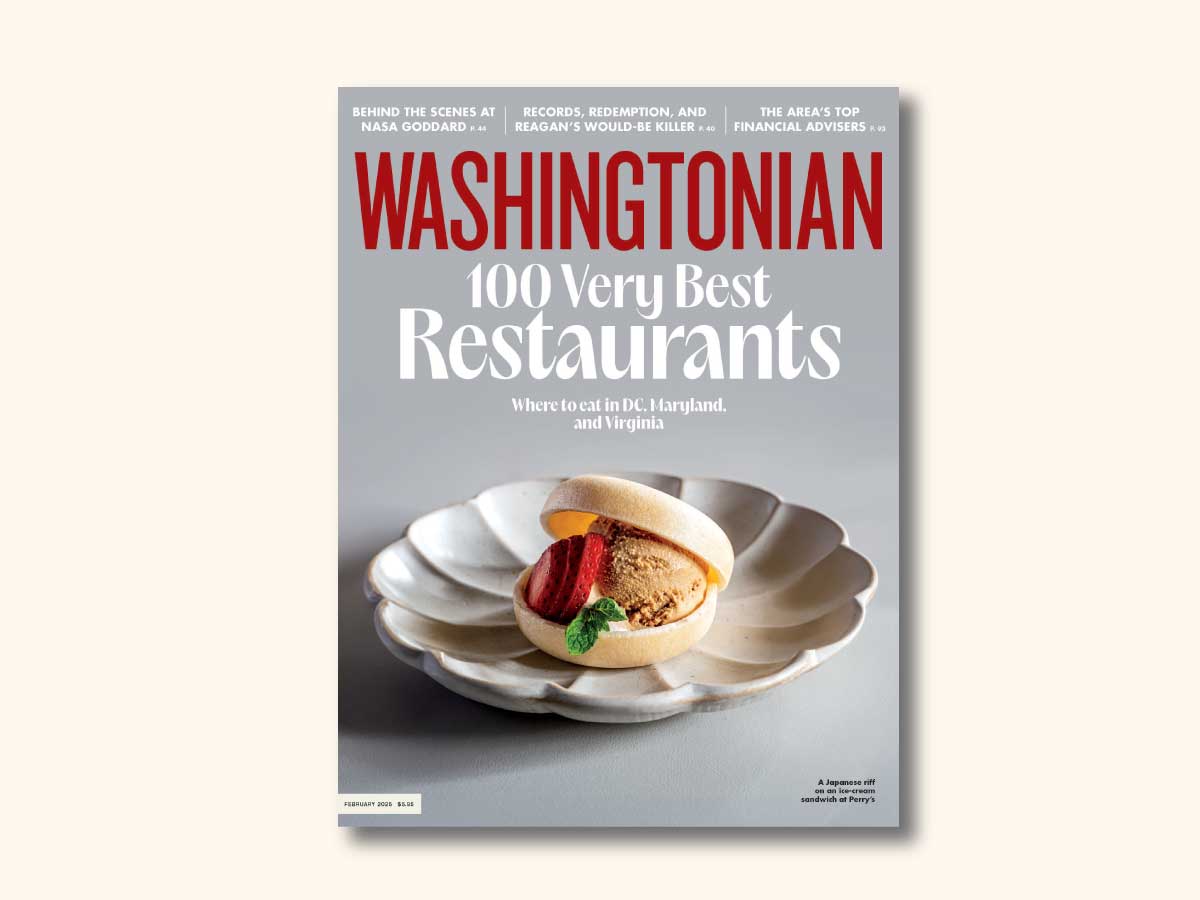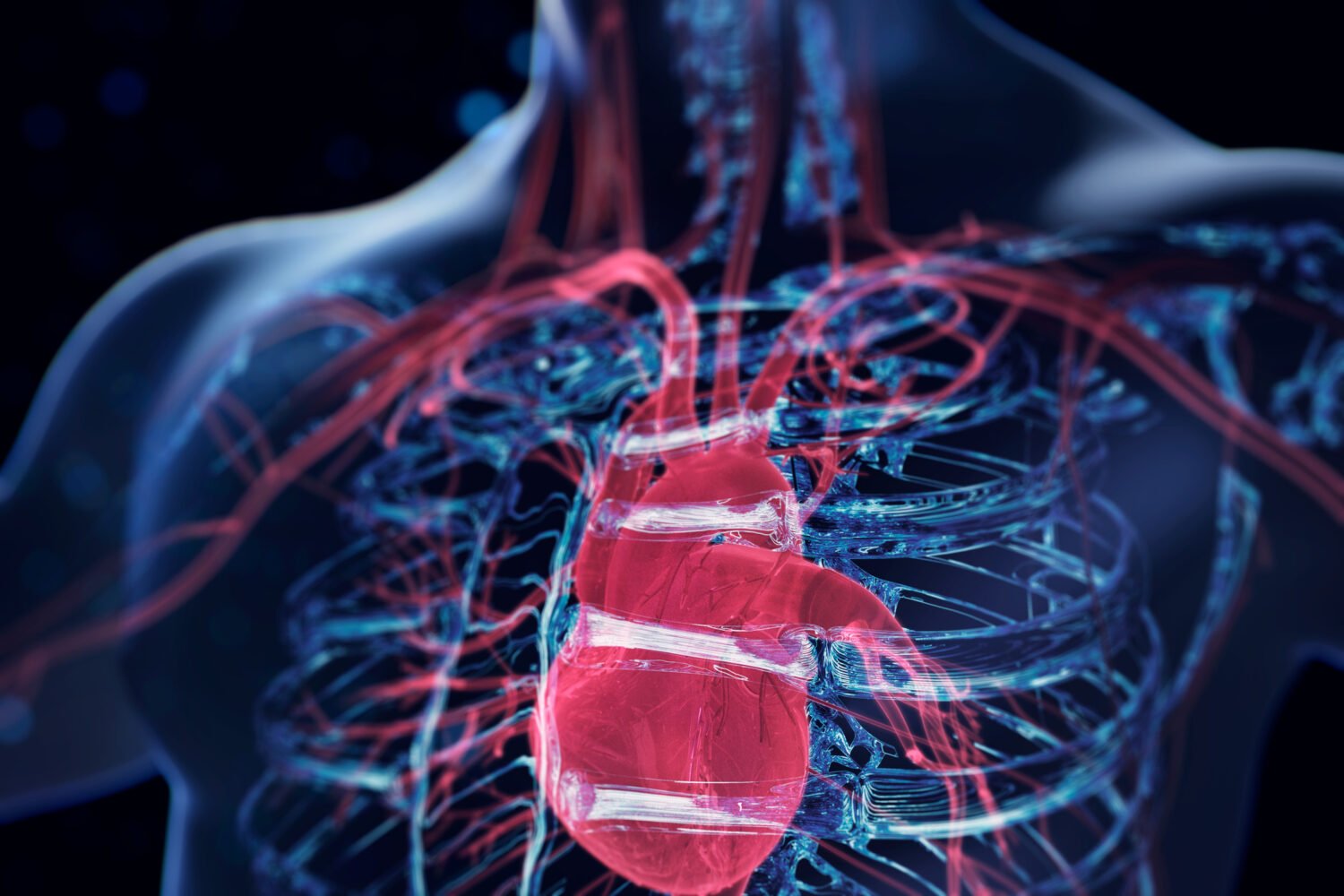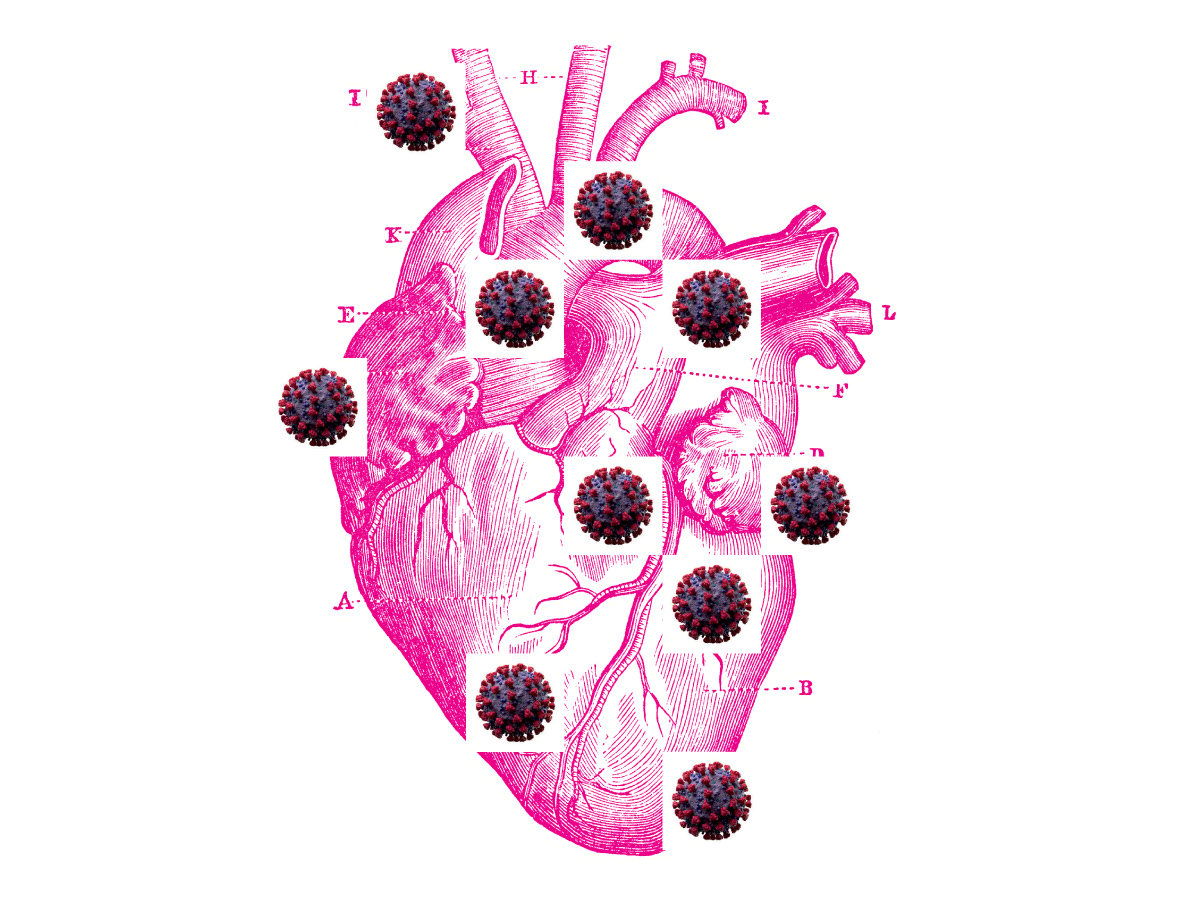Two years ago, Rebecca Scritchfield received a call from her mom, Linda: She’d had a heart attack and was in the hospital. Linda lives in Las Vegas and works at a call center. She was driving to work when she felt pain in her chest and some tingling in her arm. The chest pain was mild but still strange and sudden, so Linda pulled over and called her doctor. He advised her to call 911—she might be having a heart attack.
At the hospital, Linda learned she had four blockages. Doctors performed an angioplasty to widen her arteries and implanted stents, wire-mesh tubing used to them prop open. The procedure was ruled successful; it cleared out three of the four blockages.
But within months, the stents failed and Linda had another heart attack. This time, the doctors kept her in the hospital for a week before deciding to perform open-heart surgery. “I’ve worked in a hospital and observed heart surgeries,” says Scritchfield. “They’re basically a blood bath—definitely not something you want your mom going through.”
Scritchfield, a DC-based dietician who specializes in healthy-weight management, flew to Las Vegas to be with her parents while Linda recovered. She was anxious to get the house ready and prepare her dad for the changes they’d need to make in their eating habits. She took him grocery shopping and taught him how to prepare heart-healthy meals.
Prior to surgery, Linda was overweight and had been a heavy smoker. “My mom was able to quit smoking right away,” Strichfield says, “but she still struggled with the lifestyle changes,” such as exercising regularly and eating more healthfully. She also had a hard time juggling the 14 pills a day she was required to take and, as is common for many cardiac patients, she slipped into a depression.
Those dark days haunt Scritchfield, and her mom’s story is one she brings to clients who are at risk for serious heart problems. “A lot of people have this attitude that they care, but not right now. They think heart health is something they can put off and avoid,” says Scritchfield. “But you can’t live without your heart, and heart attacks happen to all kinds of people.”
It’s important to know the risk factors, she says. According to the American Heart Association, the main ones are age (those 65 and older are at the greatest risk); gender (men are more likely than women to have heart attacks); and heredity. “If someone in your family has heart disease, your risks go way up,” says Scritchfield. Other factors include smoking, obesity, inactivity, diabetes, and stress.
What you eat also plays a role. Foods that are high in saturated fats, which come mainly from fatty animal products, are serious artery cloggers. It’s not just red meat; lamb, pork, butter, cream, milk, and cheese are other culprits. An easy swap is to eat ground turkey instead of ground beef, and opt for skim milk instead of whole or two-percent. “Full-fat dairy isn’t good for anyone over the age of two,” Stritchfield says.
Another killer: sodium. Too much salt can raise blood pressure and harden your arteries. Experts recommend that adults over 51 and those with cardiac problems consume just 1,500 milligrams a day; everyone else should aim for less than 2,300. But research shows that most Americans get far more salt than that, with the majority coming from processed foods. It’s easy to overdo it: One teaspoon of table salt has around 2,400 milligrams of sodium.
“If your arteries aren’t flexible and if you get plaque build-up, the plaque will close them up like cement,” says Scritchfield.
The best way to fight it is with lots of exercise and antioxidant-rich fruits and vegetables, such as berries, artichokes, and beets. The American College of Sports Medicine recommends doing 30 minutes of moderate cardio exercise a day five times a week, or 20 minutes of intense cardio workouts three days a week. “I would add a caveat,” says Scritchfield. “If you’re not getting that amount, at least take a step in the right direction and work up to it. The important thing is that you begin to move your body.”
Scritchfield’s mom, Linda, is on the right path. Since her last visit to Las Vegas in January, Scritchfield says Linda has lost 20 pounds.
“When my mom was being wheeled out for her operation, she said to me, ‘I regret all those cigarettes and fast-food runs, and all those times I didn’t move my body,’ ” says Scritchfield. “An ounce of prevention is worth a pound of cure: It’s easier to prevent the damage now than to undo it later.”
Wondering how to start on a heart-healthy path? Scritchfield recommends these smart recipes from the National Heart, Lung, and Blood Institute.
Subscribe to Washingtonian
Follow Washingtonian on Twitter
More >> Health | Top Doctors | Well+Being Blog

















